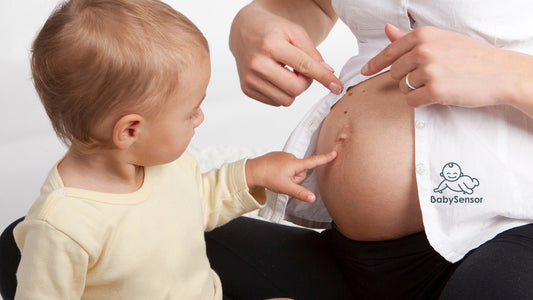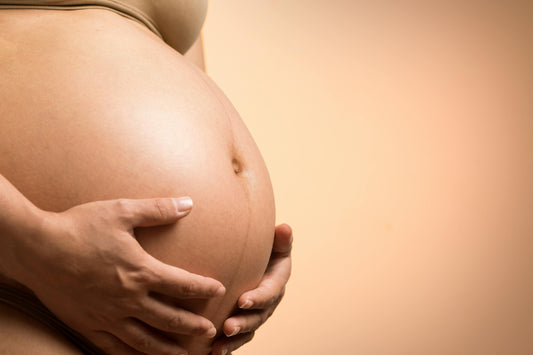
Signs that birth is approaching
Birth is a miraculous event that marks the beginning of a new life. Expectant mothers experience a number of physical and mental changes during pregnancy, and as labor approaches, our bodies can give us certain signals that tell us that the big day is approaching. It is important to be aware of these symptoms, as they can help you understand whether you are about to enter labor. Here, we will take a closer look at some of the most common symptoms of labor.
-
Regular contractions, labor: One of the most obvious signs that labor is underway is regular contractions. These contractions are different from the usual Braxton Hicks contractions or contractions, as they become more intense, last longer, and follow a pattern. You may notice that the contractions start out occurring at regular intervals and gradually become more frequent and intense over time.
-
The mucus plug falls out : The mucus plug is a jelly-like substance that seals the cervix during pregnancy. It is there to protect the fetus from infection. Some women experience the loss of their mucus plug in the hours, days, or weeks before labor. This may look like a lump of mucus or a thick discharge that may be bloody or brownish. This happens when the cervix begins to prepare to open. |
-
Water breaking: Water breaking, also known as “water breaking,” is when the fetus’s protective membranes rupture and amniotic fluid leaks out. This can happen as a large leak or as a continuous trickle or stream of fluid. Water breaking can happen before or during labor, and it’s important to contact your healthcare provider for guidance if this happens.
-
Back pain and pelvic pressure: As labor approaches, many women may experience increased back pain and pressure in the pelvic area. This is because the baby's head moves down into the pelvis, putting pressure on the back and pelvis. Some women may also experience pain or discomfort in the hips and legs.
-
Increased fatigue and low energy levels: Towards the end of pregnancy, many women may feel more tired and exhausted. This can be due to hormonal changes, extra weight, and the body's preparation for labor. However, some women experience a sudden increase in energy levels just before labor, known as "nesting." This can be a sign that labor is approaching. However, sometimes fatigue can just be a common sign that you're struggling to sleep well at night. Some people have to get up to pee more often, while others can't find a comfortable sleeping position.
- Nausea and diarrhea: Some women may experience nausea and diarrhea in the days leading up to labor. This can be due to hormonal changes and the body's way of cleansing itself before the big event. If you experience this, it's important to stay hydrated and contact your doctor if symptoms persist or worsen.
Final Thoughts: It is important to note that every woman and every pregnancy is unique, and the symptoms of labor can vary. Some women may experience all of these symptoms, while others may experience only a few or none at all. It is important to stay calm, listen to your body, and seek medical attention when you are unsure. Talk to your midwife for more information about what to expect during labor and how to best manage your symptoms. Remember, labor is a natural process, and with the right support and care, you will be able to cope better.
If you need a baby monitor when you get home after giving birth, we now have an introductory offer on our device which can be purchased here.








